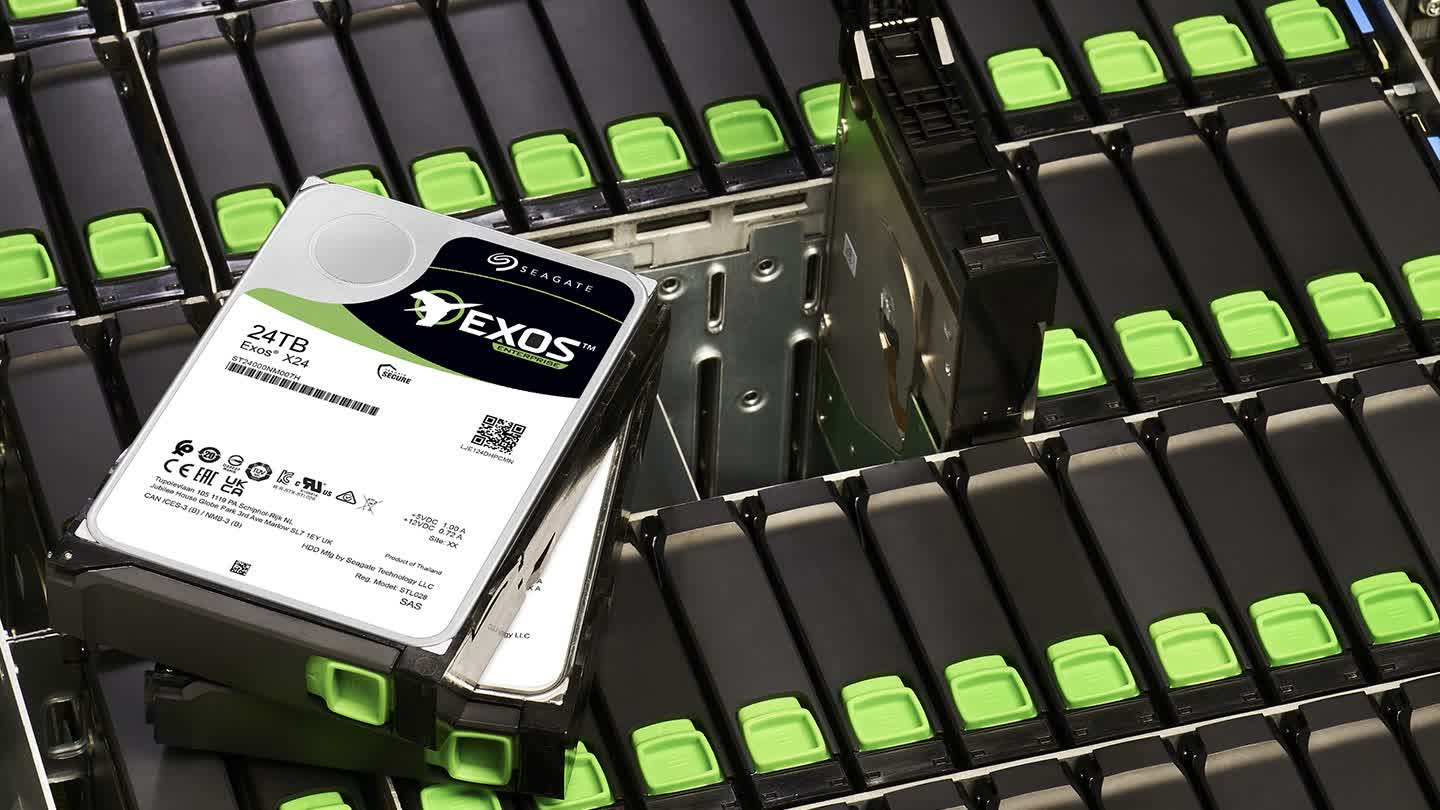A hot potato: A widespread scandal involving used Seagate hard drives fraudulently sold as new has continued to escalate, with new evidence suggesting that the drives originated from Chinese cryptocurrency mining farms. The drives, many of which had logged 15,000 to 50,000 hours of prior use, were reportedly altered to appear unused before re-entering the retail supply chain.
The first reports of affected drives surfaced in January, when consumers noticed inconsistencies in supposedly new Seagate Exos disk drives used in data centers. The issue has since expanded globally, with over 200 confirmed cases across Europe, Australia, Thailand, and Japan. While Seagate maintains that these products did not come from its official distribution channels, the scandal raises serious concerns about unauthorized resellers and supply chain security.
An investigation by Heise suggests that the fraudulent HDDs were sourced from mining operations in China to mine Chia, a cryptocurrency that caused a surge in HDD demand before becoming economically unviable.
During the Chia mining boom, demand for high-capacity hard drives skyrocketed, leading to shortages and price surges. However, as the profitability of Chia mining declined, many operations shut down, flooding the market with used hardware. It now appears that some of these used drives were relabeled and resold as new, deceiving both retailers and consumers.

Although standard SMART parameters track HDD usage, these values were reset to obscure the actual wear and tear. However, a more in-depth check using FARM (Field-Accessible Reliability Metrics) values can reveal a drive’s true operational history. Consumers concerned about their purchases can verify their drives using Smartmontools version 7.4+ (use command: smartctl -l farm /dev/sda) or Seagate’s SeaTools software.
Retailers impacted by the scandal have taken different approaches to address customer complaints. Some have acknowledged that they unknowingly sold these manipulated drives and are offering refunds or exchanges.
Others have set up dedicated customer service portals to handle the issue, while a few insist on verifying the affected drives before providing compensation. Many retailers stress that they purchased these HDDs from suppliers they trusted, and they were unaware of any tampering before selling them to consumers.
Seagate has distanced itself from the fraudulent sales, saying that it did not distribute the affected drives. It urges affected buyers to report their cases via fraud@seagate.com. The company has launched an internal investigation and is collaborating with retailers and law enforcement to track the fraudulent resellers.
Source link